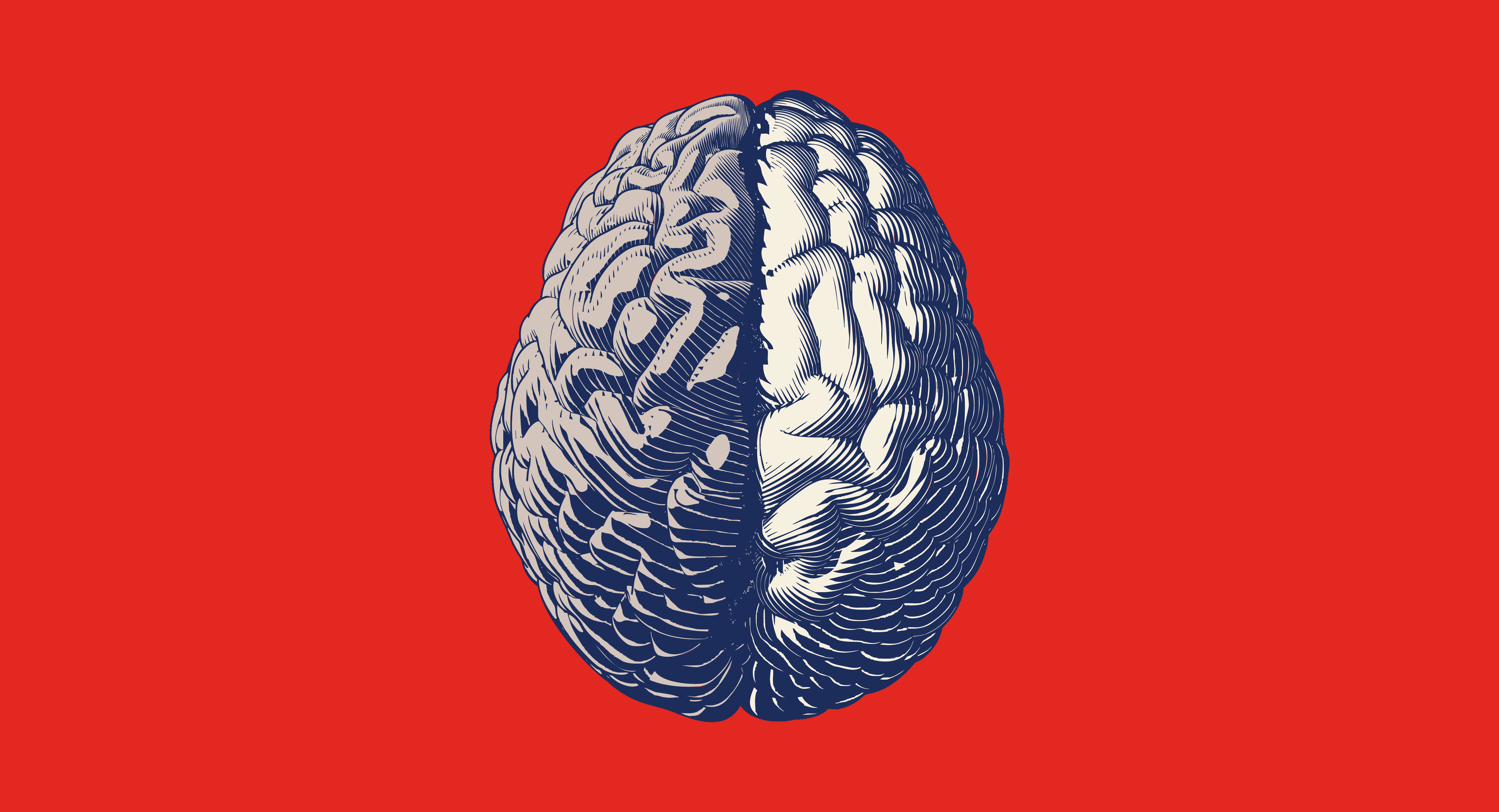Some people may claim to be addicted to chocolate, or addicted to shopping. Using the term “addiction” loosely can make it hard to understand whether alcohol is addictive as a habit, or whether it’s addictive in a neurological way — the same way opioids are.
In this article we’ll clear the air around why alcohol is addictive, and identify steps you can take to distance yourself from it.
What is alcohol addiction?
Alcohol addiction, alcohol use disorders or alcoholism all refer to a dependency on alcohol. According to the American Psychological Association, this dependency is characterized by excessive drinking that develops into a tolerance, and results in withdrawal symptoms when alcohol is not in the system.
The problem is widespread, with an estimated 5.3 percent of people in the United States struggling with an alcohol dependency, according to one 2019 study.
Why is alcohol addictive?
According to Harvard Health, drinking alcohol releases chemicals in your body called endorphins. These “feel good” chemicals, like dopamine and oxytocin, are responsible for kindling pleasurable feelings and blocking pain and discomfort.
The journal Current Neurovascular Research also states that alcohol is a central nervous system depressant, meaning it slows down brain functioning. This is why speech is slurred, movements are clumsy, decision-making is impaired, reactions are slow and judgment is blurred.
While drinking can feel calming or fun in the moment, a depressed central nervous system actually increases anxiety and stress and can cause permanent physical damage, coma or death.
The journal Current Topics in Behavioral Neurosciences discusses the stimulant and sedative effects of alcohol. While alcohol does act as a depressant, the first effects are stimulating. This is often manifested as decreased social inhibitions. The sedative effects happen when excessive alcohol is consumed.
Alcohol has various and intense effects on a person’s brain and body, making the development and severity of an addiction complex. Alcohol can be extremely addictive due to the multitude of ways it tricks the brain into experiencing pleasure despite drastic consequences.
Why is alcohol addiction difficult to control and defeat?
Alcohol addiction is difficult to overcome because, like drugs, alcohol changes brain chemistry. In order to access the pleasurable or relaxing effects of alcohol, more and more drinking is required. As a tolerance builds up, the pathways the endorphins take become increasingly ingrained.
Breaking free from an addiction requires disrupting and rerouting these pathways in the brain. It’s both a physical process (combating cravings and managing withdrawal symptoms) and a mental process (creating coping strategies and practicing positive self-talk).
When you’re working towards sobriety, one of the reasons why alcohol addiction is so hard to beat is because of the numerous battles you’re fighting. Alongside the physical hurdles, you’ll be up against mental and environmental obstacles, too.
You’ll come face-to-face with your own self-perception in your attempts to stop drinking. You might have to wrestle with an ego, pride, insecurity, isolation, boredom, depression, anxiety, fear — the list goes on. Handling these emotional struggles usually requires professional help.
When you get connected to therapy, you’ll be glad you did. You can find the root emotions fueling an addiction and put those demons to rest. You’ll also develop replacement strategies for dealing with tough times and painful thoughts.
You’ll also have social obstacles on your journey to freedom. You might have trouble saying goodbye to old pals. Making new friends can bring on social anxiety, too. It may feel impossible to leave friends and family behind as you pursue a new life, but it could be essential to your success.
So, while alcohol itself is definitely addictive, so are the habits and lifestyle that come with it. What makes alcohol so addictive is sometimes the way we let it affect and control us.
How can I break free from alcohol addiction?
Alcohol addiction doesn’t have to control your life for another day. You can get treatment, and you deserve to get treatment. If left untreated, heavy drinking can decimate a person’s life, so you’ll want to start as soon as possible.
Take your first step toward healing with Silver Ridge Recovery. With programming specifically designed for mid-life adults, you’ll begin your journey with like-minded peers who understand your situation. Empathetic staff provide evidence-based and unparalleled care that you’ll want to take advantage of.
Contact Silver Ridge today when you call (855) 945-7788 to learn more.



